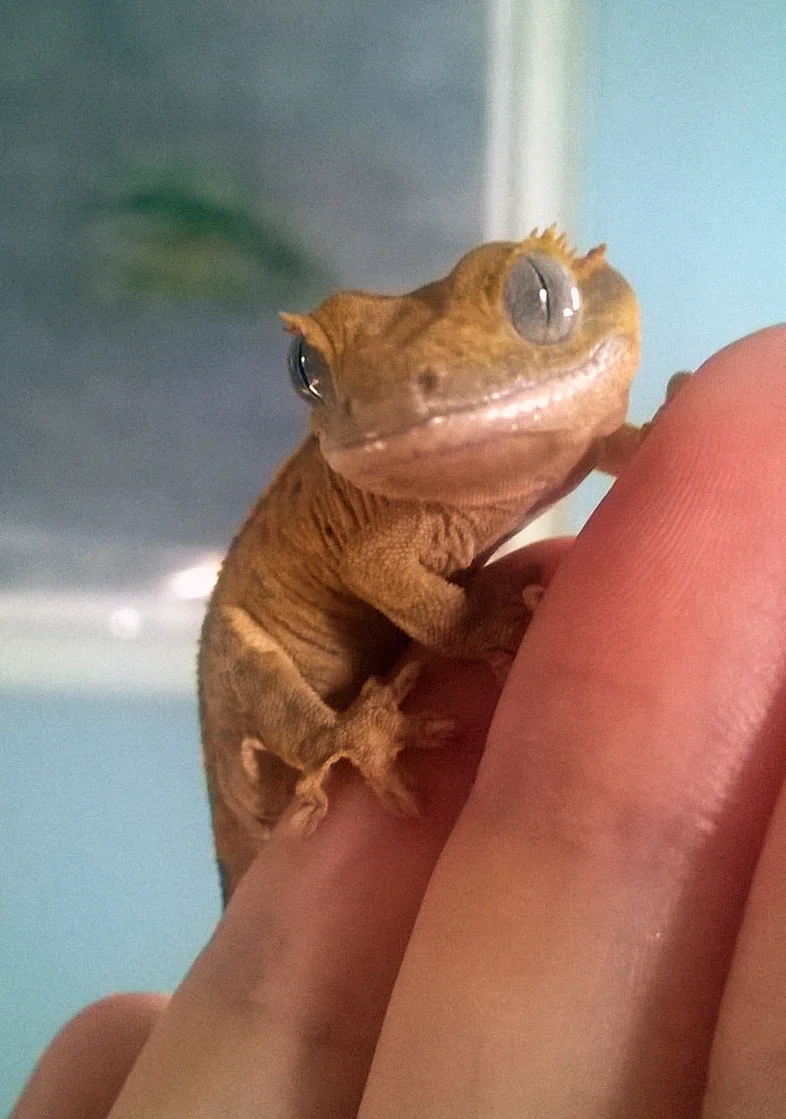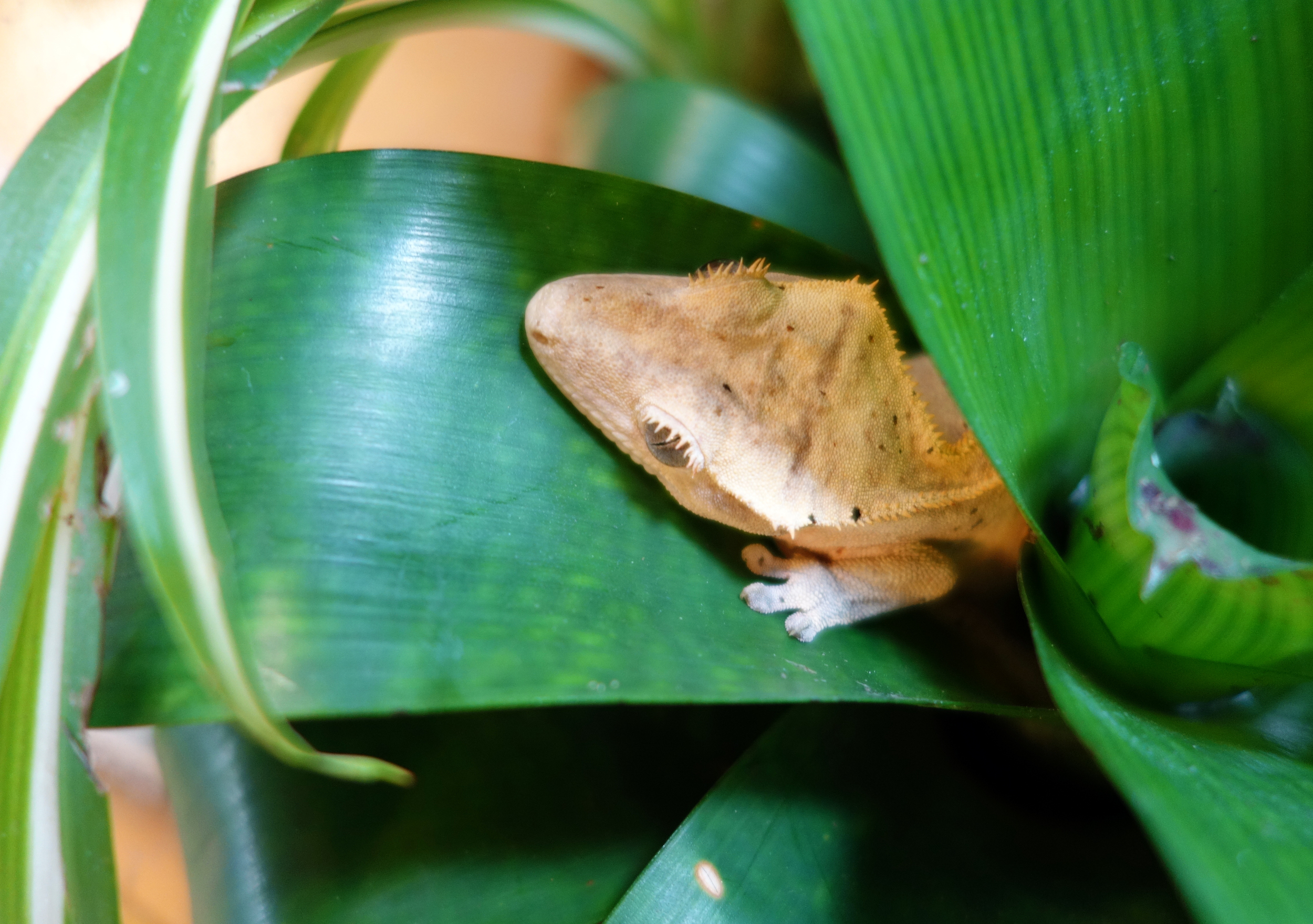Many people think of oranges as a primary, pure, primitive fruit. In fact, they're a hybrid of pomelos and mandarins! From "The draft genome of sweet orange (Citrus sinensis)":
"The remarkably high degree of heterozygosity in the genome of cultivar Valencia sweet orange (C. sinensis cv. Valencia), as evidenced in our genomic and cytological analyses, hinted that sweet orange is an interspecific hybrid between pummelo and mandarin. On the basis of the collective evidence, we reconstructed the scenario regarding the ancient primary events of the origin of sweet orange: female pummelo crossed with male mandarin to create the initial interspecific hybrid that was further crossed again with male mandarin to produce sweet orange. This event might have happened at least 2,300 years ago, or much earlier, as sweet orange was recorded in Chinese literature as long ago as 314 BC (3, 38). Although additional genetic changes might have occurred afterward, it is still remarkable that this ancient hybrid genotype seems to be preserved in today's sweet orange, probably because of its strict nature of asexual reproduction (apomixis through nucellar embryo) and manmade selection and propagation by grafting. This scenario explains why most of today's sweet orange cultivars are genetically one biotype and highly heterozygous, with diversification occurring mostly through somatic mutations (7, 39, 40)."



